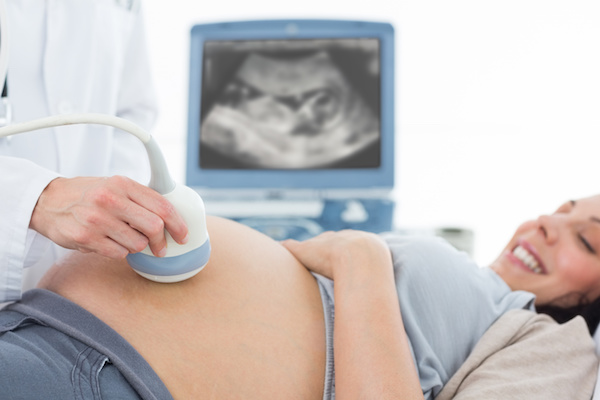
THURSDAY, Jan. 5 (HealthDay News) — New research suggests that a blood test may one day be able to tell expectant mothers the gender of their baby as early as the first trimester.
Such a test would be the first of its kind, according to the South Korean researchers.
They collected blood samples from more than 200 women in the first trimester of pregnancy and concluded that various ratios of two enzymes called DYS14 and GAPDH in a pregnant woman’s blood indicate if a baby will be a girl or a boy.
The study appears in the January issue of the FASEB Journal, published by the Federation of American Societies for Experimental Biology.
“Generally, early fetal gender determination has been performed by invasive procedures such as chorionic villus sampling or amniocentesis,” said Dr. Hyun Mee Ryu, from the department of obstetrics and gynecology at Cheil General Hospital and Women’s Healthcare Center at the KwanDong University School of Medicine in Seoul. “However, these invasive procedures still carry a one to two percent risk of miscarriage and cannot be performed until 11 weeks of gestation. Moreover, reliable determination of fetal gender using ultrasonography cannot be performed in the first trimester, because the development of external genitalia is not complete,” the researcher added in a journal news release.
“Therefore, this can reduce the need for invasive procedures in pregnant women carrying an X-linked chromosomal abnormality and clarify inconclusive readings by ultrasound,” the researcher explained.
More research is needed before such tests are widely available, the researchers said. But, “this paper does show it is possible to predict the sex of a child as early as the first few weeks after conception,” Dr. Gerald Weissmann, editor-in-chief of The FASEB Journal, said in the news release.
“At present, parents are sometimes given the wrong information about the sex of their unborn child; this test should prove helpful in resolving any uncertainties of today’s ultrasound observations,” he added.
More information
The U.K.’s National Health Service explains what determines a baby’s gender.

